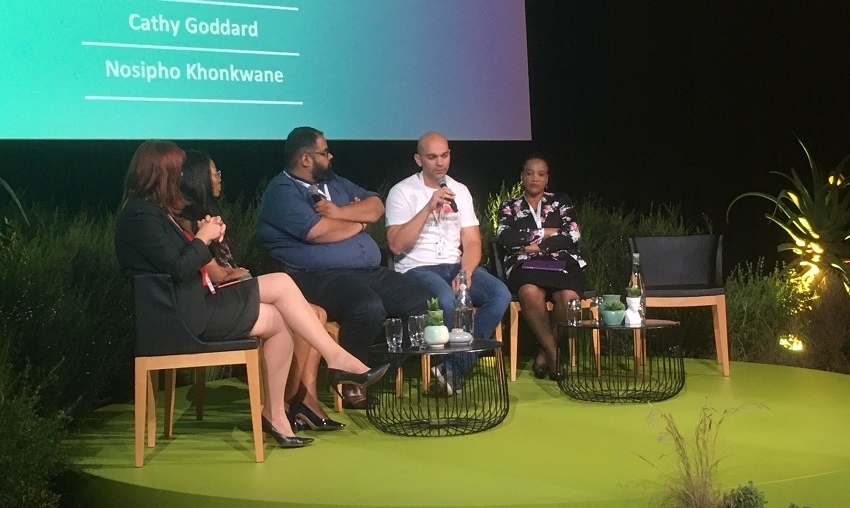African startups face challenges when it comes to applying for incubation and acceleration programmes on the continent as it is difficult to tell which ones offer real value and which do not.
The issue of rating the impact of the various programmes on offer across the continent came up during a panel discussion at last week’s AfricArena event in Cape Town.
Matsi Modise, chief executive officer (CEO) of Furaha Afrika Holdings, which provides business development and advisory services to small businesses, said there were hundreds of programmes available to startups, but because there was no public rating system entrepreneurs were unable to make informed decisions about what programme to enter. Many have felt shortchanged as a result of taking part in the wrong incubator or accelerator.
“One of the challenges is our inability to measure the impact of incubators and accelerators. Any Tom, Dick or Harry can start an accelerator tomorrow. The people that do start them need to have the necessary skills and experience. A lot of startups come out very disappointed,” Modise said.
“The government should do something in terms of how we rate incubators and accelerators. A lot of money has to be spent on them, but where is that money going?”
Ashwin Ravichandran, managing director of the Meltwater Entrepreneurial School of Technology (MEST), which builds and funds startups through an annual, pan-African training programme, didn’t disagree with this suggestion, but said it was very hard to measure the impact of different accelerators as what impact consists of is different from startup to startup.
“It is not really possible for every incubator to have a list of tangible outcomes. It is more linked to intent,” he said.
Nosipho Khonkwane, executive manager of the South Africa’s Small Enterprise Development Agency (Seda) Technology Programme, disagreed, however.
“Incubators have investors too, and that is government. That is to increase the number of jobs and increase the contribution of small businesses to economies. There are metrics that measure that. The incubators look at their job creation numbers, and revenue numbers. How businesses have shown growth through the incubation period. There are set metrics that are there,” she said.
All panellists, however, agreed there were various obstacles that prevented incubators and accelerators on the continent from being as effective as they could be. Though Khonkwane said in some areas Africa-based programmes were on par with the rest of the world, there were variations.
“We follow similar principles, but the key difference is the environment in which we operate. We have a very weak pipeline in South Africa compared to Europe. We have a very low entrepreneurial level. That is the challenge for incubators,” she said.
Ravichandran listed a host more issues that are barriers to incubators, accelerators and startups alike.
“Infrastructure is one of our biggest challenges. We are paying US$250,000 per year to run an incubator, which is ridiculous,” he said.
“There is a massive lack of data. To scale a product is impossible if you don’t have data. There is a lack of talent. Companies are struggling to find the next generation of leaders. There is also a lack of active funding on the continent.”


